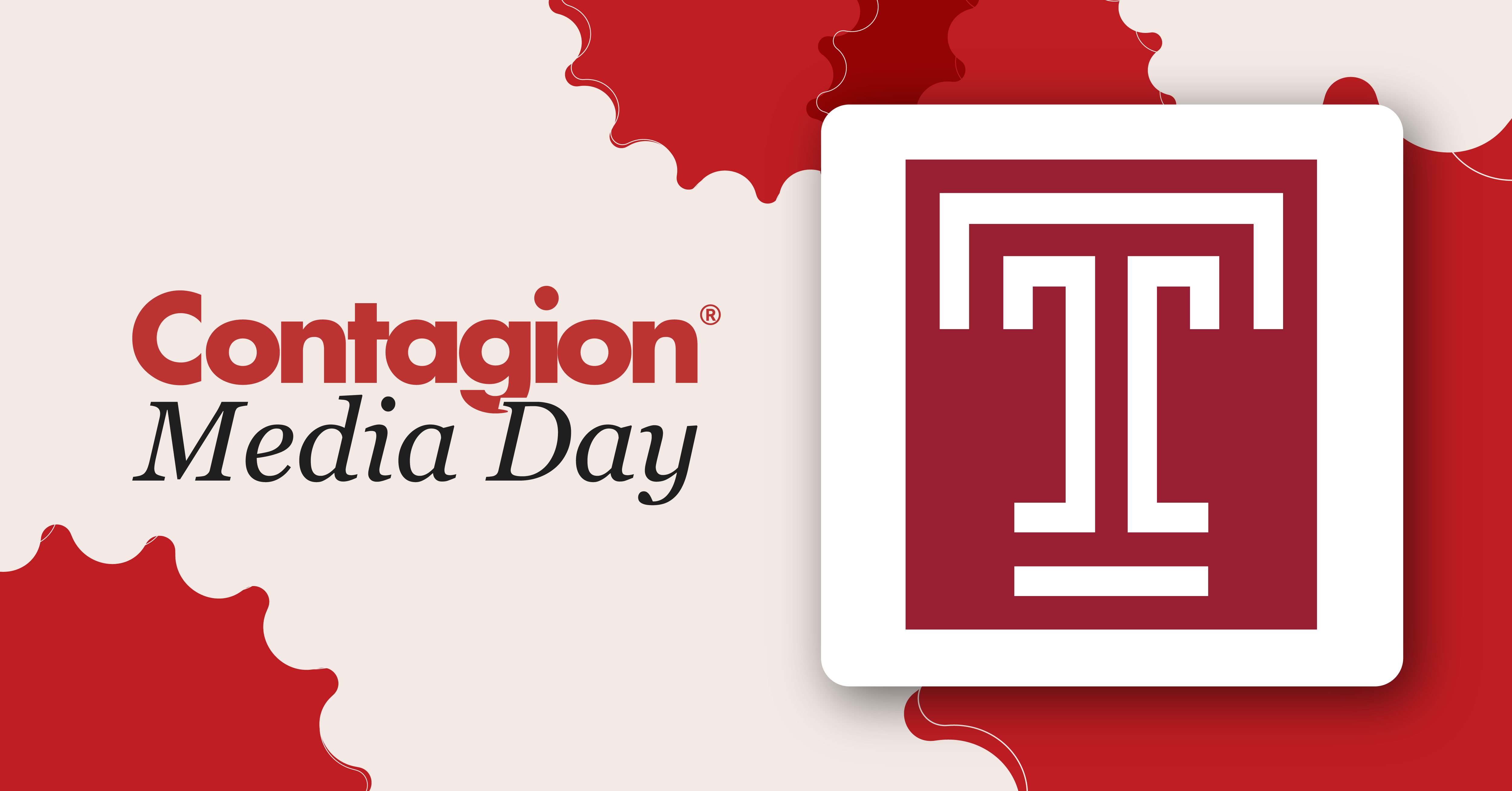Making the Transition From Fellowship to Full-Time Position

Heather Clauss, MD, explains why Temple hires many of its fellows into full-time positions, why it is important for young providers to seek out mentors, and some strategies in learning how to navigate careers early-on.
Completing a fellowship can be extremely rewarding for providers but there can also be stress during this period. Fellows need to find a full-time position, figure out where to live, and of course, begin to think about repaying student loans after years of schooling.
Heather Clauss, MD, senior associate dean, Faculty Affairs, professor, Clinical Medicine, Lewis Katz School of Medicine at Temple University, talks about her own experience in going from being a Temple fellow to being hired as faculty.
“I remember the day that my offer came to me, and I was so thrilled, I signed on the spot,” Clauss said.
She talks about how Temple differentiates itself from other institutions in attracting people to the program.
“The faculty, and frankly, residents and students, who are drawn to our institution are interested in the mission of our school and of our hospital, which is really based in equity and the experience of great patient care for the community—and also really strong, innovative education and groundbreaking research,” Clauss said.
She says the collegial feeling of the Temple ID department is what keeps them. “We stay for the people…I was just talking to someone today, and, I have this theory that employees have a relationship with the entity that is your organization, but you also have a relationship with so many individual people,” Clauss said. “When you're making a decision on where you're going to take a job or which job to take, it's really based on the people that you're going to work with. And not to say that all jobs are the same, and certainly there's different salaries and benefits and experiences, but it's the humans who you're going to see every day, who are going to cover you when you're sick, who you're going to laugh with at lunch. That's who really draws you to a place. And nowhere is that more true than Temple ID.”
Clauss discuses the value of mentorship and says she was fortunate enough to have 2 lifelong mentors at Temple. She has consulted with them on some of the most important decisions of her career.
“They taught me that mentorship is literally the most important thing in academic medicine to a successful career. I never made a career decision without the 2 of them,” Clauss said. “They have both since retired. I text one of them every day, and see one of them once a month, and we're in almost constant communication, and it's a really special relationship."
She understands that does not happen for everyone, but that young providers should seek out mentors.
“Sometimes in my faculty affairs role, I see people struggle who maybe don't have that mentor or haven't yet identified that mentor. And so I think it's really important that young people identify mentors, and that senior or mid-level folks are open to mentoring the next generation of faculty.”
In tomorrow's episode, Jesse Veisblatt MD, discusses his fellowship experience at Temple and some of the unique cases he has worked on.
Newsletter
Stay ahead of emerging infectious disease threats with expert insights and breaking research. Subscribe now to get updates delivered straight to your inbox.


































































































































